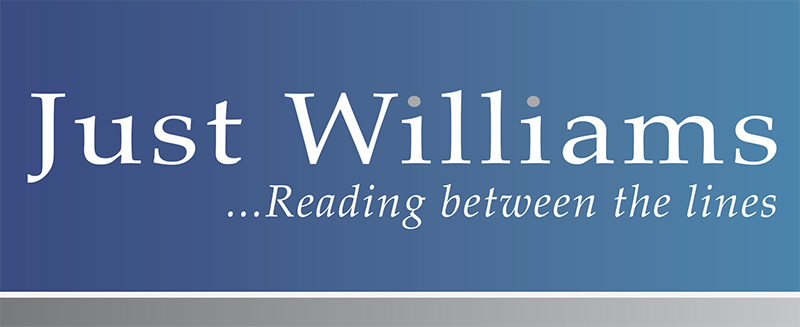
It is a persistent problem. In the middle of the night, you are rudely awakened by a knock at your hotel door. Is the building on fire? Has your car been stolen? No; nothing so dramatic. It’s just a couple of strangers offering you a bag of diamonds. It happens to me all the time. It would obviously be rude to enquire who sent them and what they might possibly want from you in return. So, you head back to bed and will perhaps give it more thought over cornflakes in the morning.
However, not all surprises are as pleasant as people offering precious stones. The Governor of the Bank of England, Mervyn King, said recently “the strength of inflation has surprised the monetary policy committee”. Mmmm …… being surprised that inflation is stubbornly high is as silly as accepting both a cigarette and a lift home from George Michael. Mr King was forced, once again, to write a letter of explanation to the Chancellor. At this rate they’ll become pen pals.
Meanwhile, over the pond, President Obama unveils his idea to spend $50bn building roads, railways and airport runways in an attempt to tackle the nation’s lethargic ‘recovery’. He outlined plans for the construction of 150,000 miles of road and 4,000 miles of rail over the next six years. Now, while the U.S. could still be regarded as part of the ‘New World’, we reckon it’s still old enough for pretty much all the roads that were needed, to have already been built. How can it possibly require new mileage that is the equivalent of 25 routes from New York to Los Angeles and back?
Mr Obama went on to explain that such measures would increase America’s productivity in the future. Showing a pitiful grasp of economics, the President assumes all spending delivers economic good. The reality is far more simple; sensible investment has a chance of delivering economic reward while ill-conceived make-work schemes won’t. If he’d ever run a real business, he’d perhaps know the difference.
Similar comments apply to U.S. Federal Reserve Chief, Ben Bernanke who said the Fed had the ‘toolkit’ to deliver further unorthodox policy options. For the uninitiated, that means more money printing. On both sides of the Atlantic, there is a dangerous belief among policy setters that debt and money creation are the ways out of current problems. Instead of accepting that the last 15 years delivered an unsustainable boom, they attempt a return to a fool’s paradise. We don’t need another glimpse inside Ben’s toolbox. The Elizabethan financier, Sir Thomas Gresham, told us 450 years ago that ‘bad money drives out good’. That maxim remains as valid today as it was then.
John Newsome can be contacted on: 01423 705123 or email:john.newsome@williams-im.com

